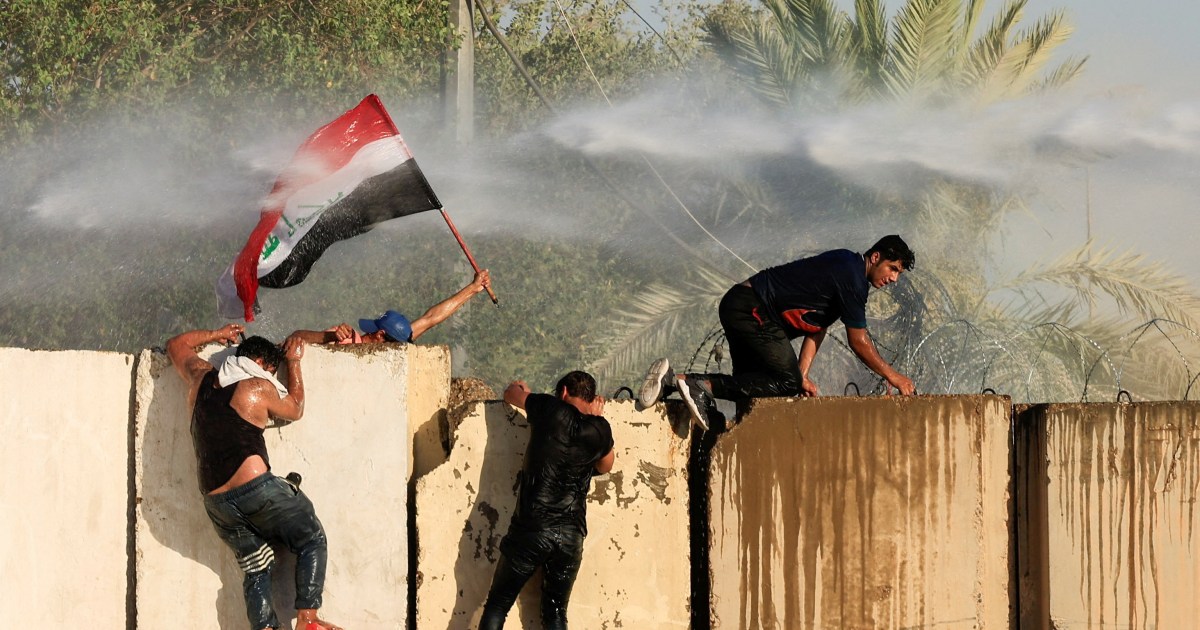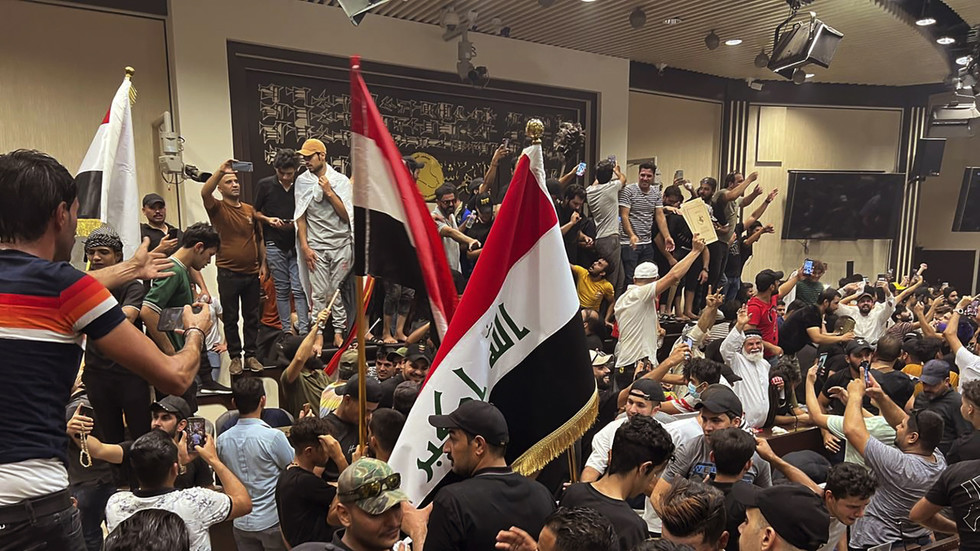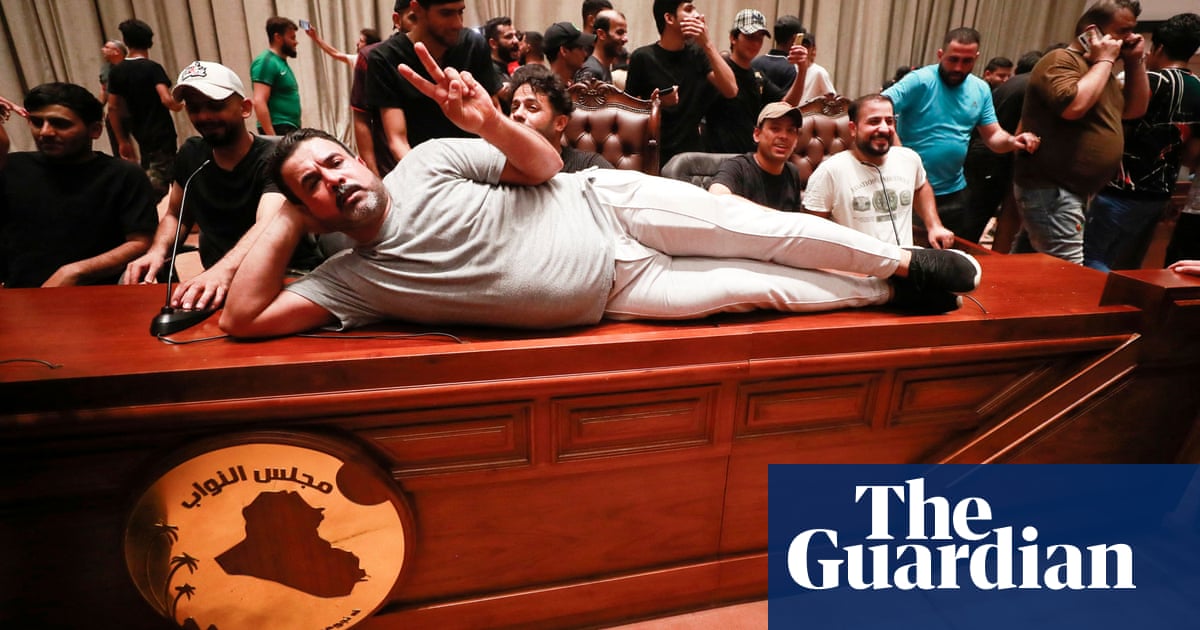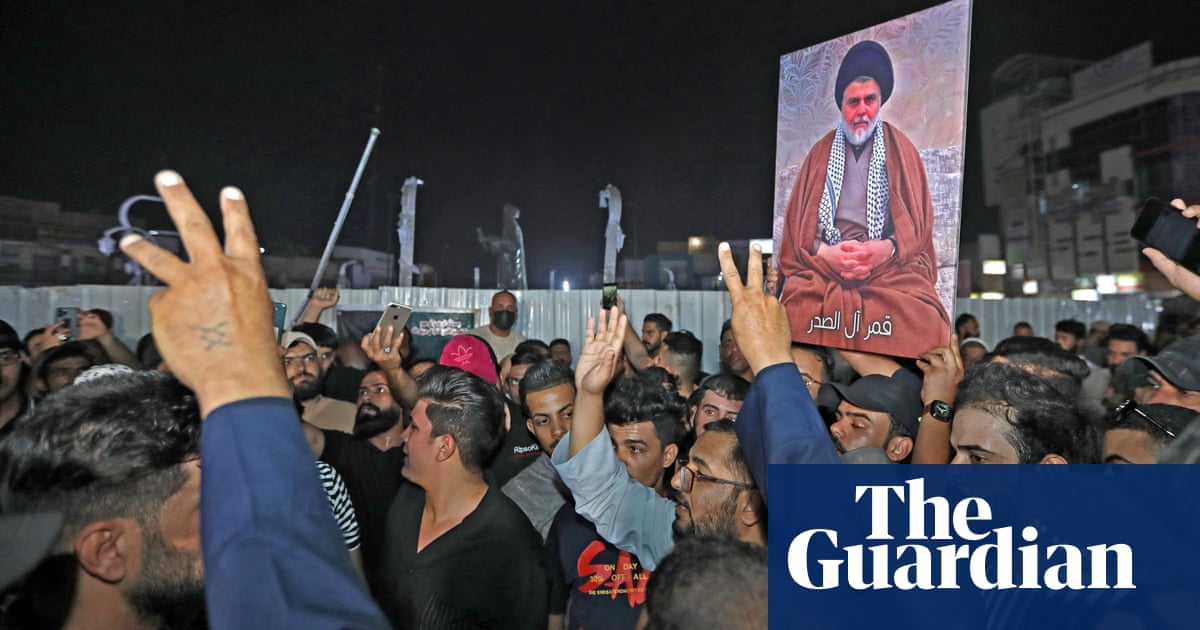The Facts
Iraq's top judicial body says it has 'no authority' to dissolve the country's parliament days after cleric Muqtada al-Sadr gave the legislature one week to disband so new elections can be held.
Al-Sadr, whose political bloc won the largest number of seats in parliament in Oct., failed to form a majority government that excluded his Iran-aligned rivals. Last June, 73 members of his movement resigned after an administration had still not been established, and he tweeted on Wed. that the judiciary had one week to dissolve the legislature or "the revolutionaries will take another stance."
The Spin
Pro-establishment narrative
Sadr is interfering with the democratic process in Iraq, threatening to jeopardize the country's hard-won peace to seek a complete reform of the political system. Iraqi federal democracy is legitimate and supported by several stakeholders domestically and abroad. The country needs more dialogue, not an attempted coup.
Establishment-critical narrative
Iraq's democracy has been deteriorating due to Iranian influence in the national establishment. Under the control of Tehran, national institutions can only serve foreign interests and compromised Iraqi politicians while brave Iraqi people are threatened by pro-Iran militias. If the council won't take steps to change the parliament and stop corruption, it will be left up to the people.
Cynical narrative
Iraq is not headed towards a coup, but rather towards a political polarization. Though not a single group in Iraq is capable of carrying out a coup, no one is actually working on strengthening or stabilizing the country.
/cloudfront-us-east-2.images.arcpublishing.com/reuters/TFZDZYYKHVKQZI2UEBR2WDMI7Q.jpg)







